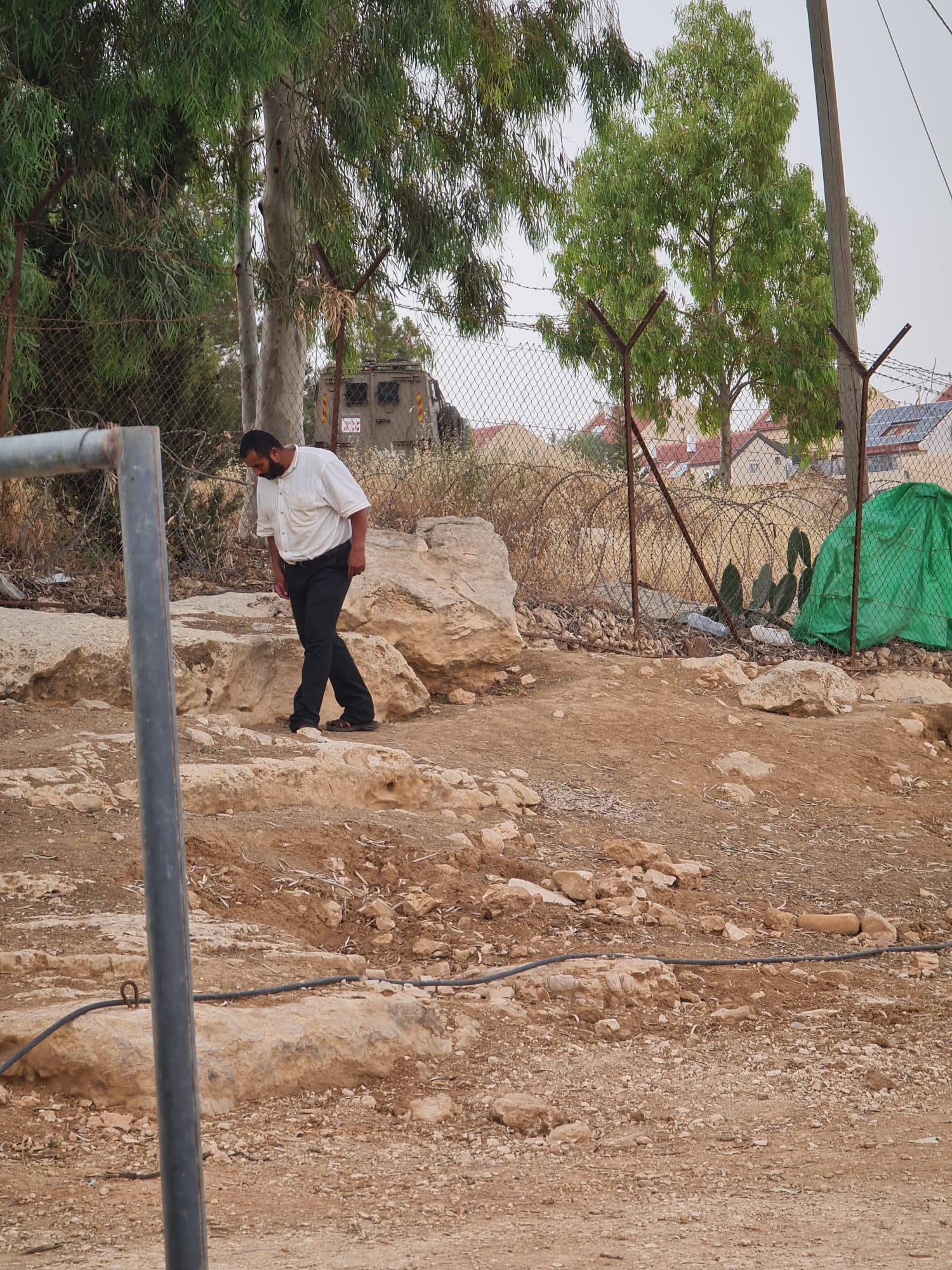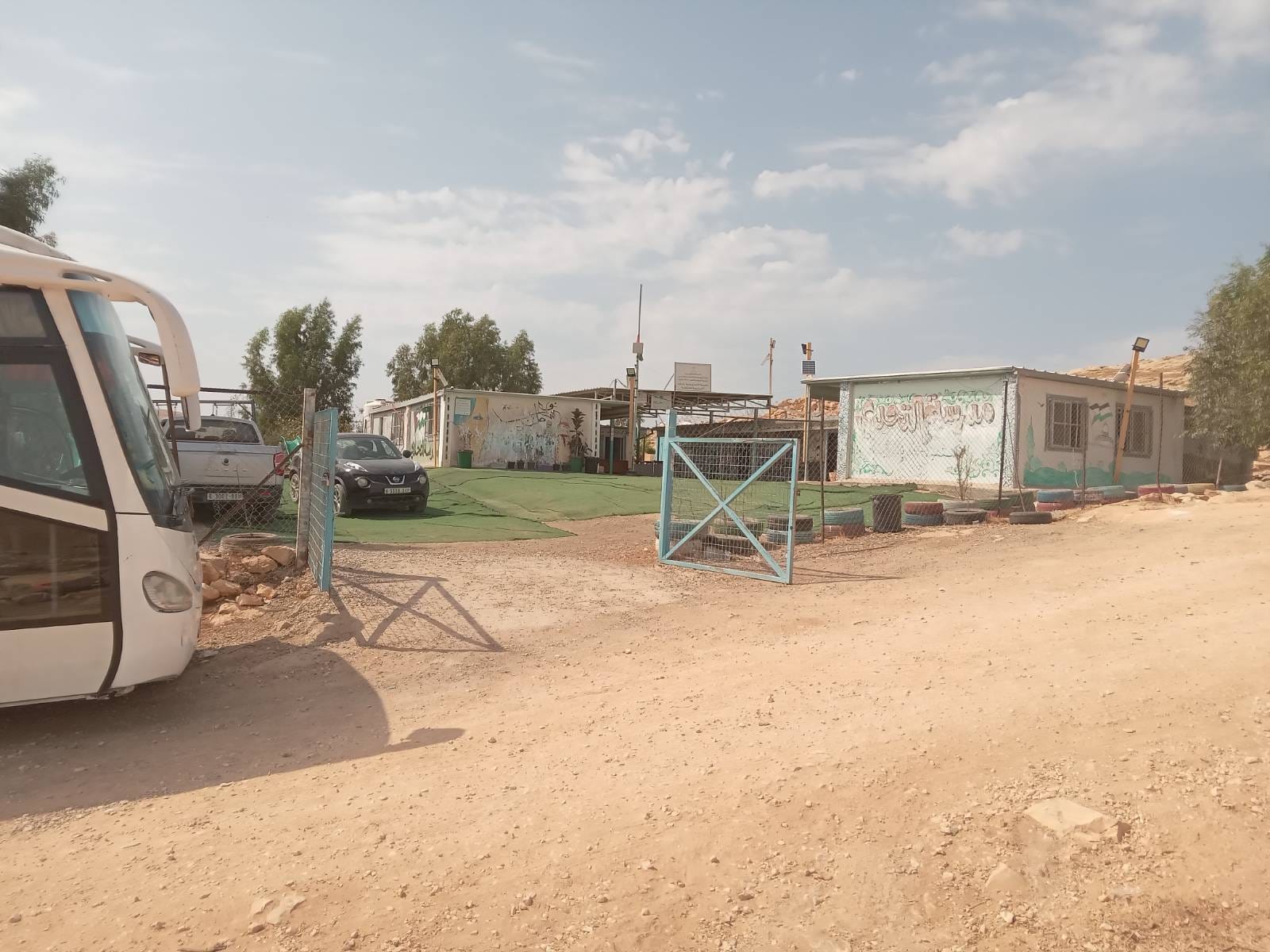Category: Press Releases
-
Family members of Gazan activist Ahmed Abu Artema killed in Israeli airstrike
ISM PRESS RELEASE October 27 Our friend, the poet Ahmed Abu Artema, whose social media post inspired the Great March of Return in 2018, has been targeted in an Israeli airstrike that shelled his home in Tel al Sultan, Rafah, Gaza, killing five members of his family. Ahmed was also seriously injured in the attack…
-
Revenge attacks in Masafer Yatta
16 October, 2023 | International Solidarity Movement | Masafer Yatta In the week since Israel began its onslaught on Gaza, soldiers and settlers have bulldozed homes, carried out night raids and attacked Palestinians across the Masafer Yatta region. Occupation forces have taken advantage of the state of emergency to escalate their violence and displacement…
-
Palestinians hospitalised in settler attack near Ramallah
15 October, 2023 | International Solidarity Movement | Wadi Siq Armed settlers attacked Palestinians and international volunteers in the Bedouin village of Wadi Siq, east of Ramallah, on Thursday (October 12) hospitalising two people. Villagers were also beaten after the illegal settlers returned for a second attack later that day, ISMers were told. …



